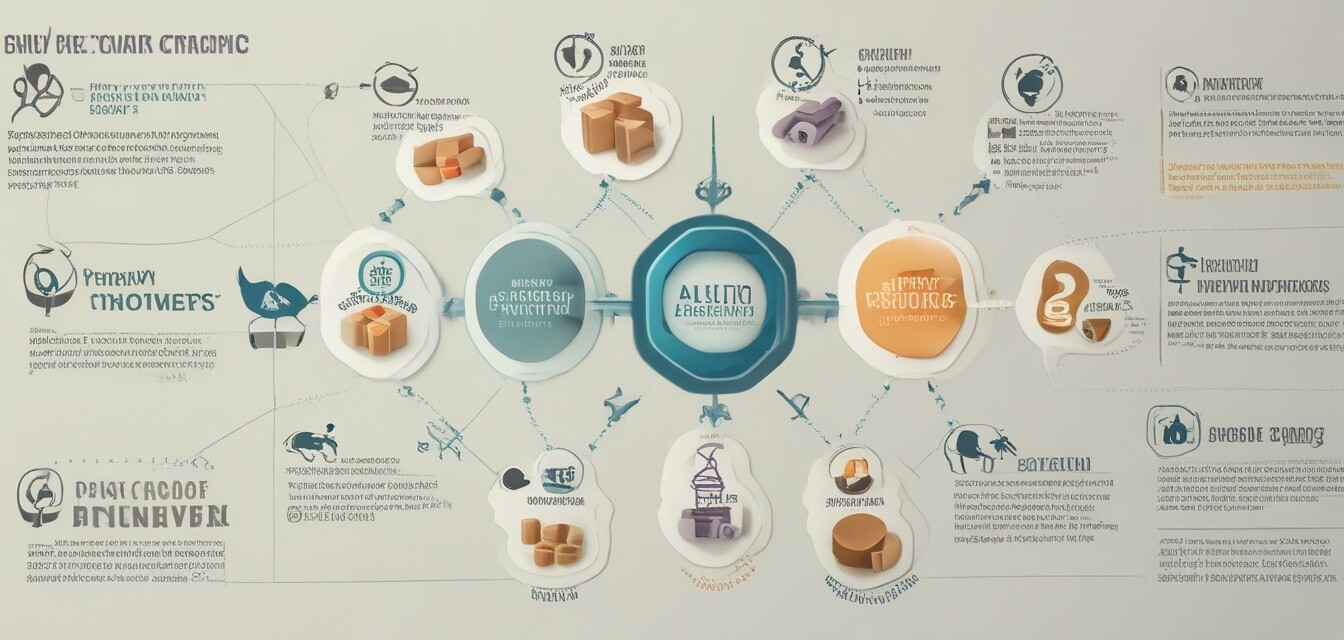
Understanding the Supply Chain of Protein Supplements
In this article, we delve into the supply chain of protein supplements and explore how consumers can make informed choices that support sustainability. With rising awareness about environmental impacts, the importance of choosing ethically sourced and sustainably produced options has never been clearer.
Key Takeaways
- The supply chain of protein supplements involves several stages including sourcing, production, packaging, and distribution.
- Post-consumer recyclable packaging is crucial for minimizing environmental impact.
- Choosing protein supplements from brands committed to sustainability makes a difference.
- Understanding certifications can guide consumers towards eco-friendly options.
What is the Supply Chain of Protein Supplements?
The supply chain for protein supplements is a complex network that includes the journey from raw materials to the final product reaching consumers. Here’s a breakdown of the stages involved:
| Stage | Description |
|---|---|
| Sourcing | Raw ingredients like whey, plant proteins, or casein are sourced from various producers. |
| Manufacturing | Raw ingredients are processed into protein powder or bars at manufacturing facilities. |
| Packaging | Products are packaged using materials that can be recyclable or biodegradable. |
| Distribution | Products are distributed to retailers or directly to consumers through e-commerce. |
Sustainable Sourcing: Why It Matters
Sustainable sourcing is crucial for environmental health. Here are some factors to consider:
- Impact on ecosystems: Sustainable practices minimize damage to local ecosystems.
- Support local economies: Ethically sourced ingredients often come from local producers, supporting the community.
- Transparency: Consumers deserve to know where their protein comes from, enhancing brand trust.
- Reducing carbon footprints: Sustainable sourcing can significantly reduce transportation emissions.
Choosing Eco-Friendly Protein Supplements
When selecting protein supplements, it’s essential to look for specific indicators that reflect sustainability:
1. Certifications to Look For
Some organizations offer certifications that denote sustainability and ethical practices. Here are a few that consumers should check:
| Certification | What It Means |
|---|---|
| USDA Organic | Indicates that the product is made from ingredients grown without synthetic pesticides or fertilizers. |
| Fair Trade | Ensures that producers receive fair pay and work in safe conditions, promoting social justice. |
| Non-GMO Project Verified | Guarantees that the product is free from genetically modified organisms. |
| Rainforest Alliance Certified | Focuses on biodiversity and sustainable livelihoods, promoting responsible land use. |
2. Packaging Considerations
Packaging plays a significant role in the environmental impact of protein supplements. Look for options that use:
- Recyclable materials
- Biodegradable options
- Minimal packaging
3. Brand Reputation
Researching brands is vital. Look for those actively engaged in sustainable practices, which can include:
- Transparency about sourcing and manufacturing
- Commitment to social responsibility initiatives
- Active participation in environmental organizations
How Consumers Can Advocate for Sustainability in Supplements
As consumers, your choices can influence market practices. Here are ways to promote sustainability:
- Educate others: Share information about sustainable options with friends and family.
- Support businesses: Choose to buy from companies prioritizing sustainable sourcing and practices.
- Participate in community efforts: Get involved in local environmental groups promoting sustainability.
- Leave feedback: Reach out to brands and express your preferences for sustainable practices.
The Future of Protein Supplements
As awareness of sustainability grows, the protein supplement industry is likely to evolve. Expect to see more:
- Innovations in sustainable sourcing
- Increased transparency from brands
- Consumer demand for ethical practices leading to new standards
By making informed choices today, you contribute to a healthier planet and a more sustainable future.
Pros
- Supports environmental sustainability
- Can improve health by offering pure nutrients
- Encourages ethical labor practices
Cons
- Some sustainable options may be more expensive
- Availability can be limited
- Requires more research to verify claims
For more insights on sustainable supplement choices, explore our Sustainability Tips category and discover how you can make eco-friendly choices every day.
Additionally, if you're interested in learning about various types of supplements, check out our selection of Protein Supplements on EcoDive.